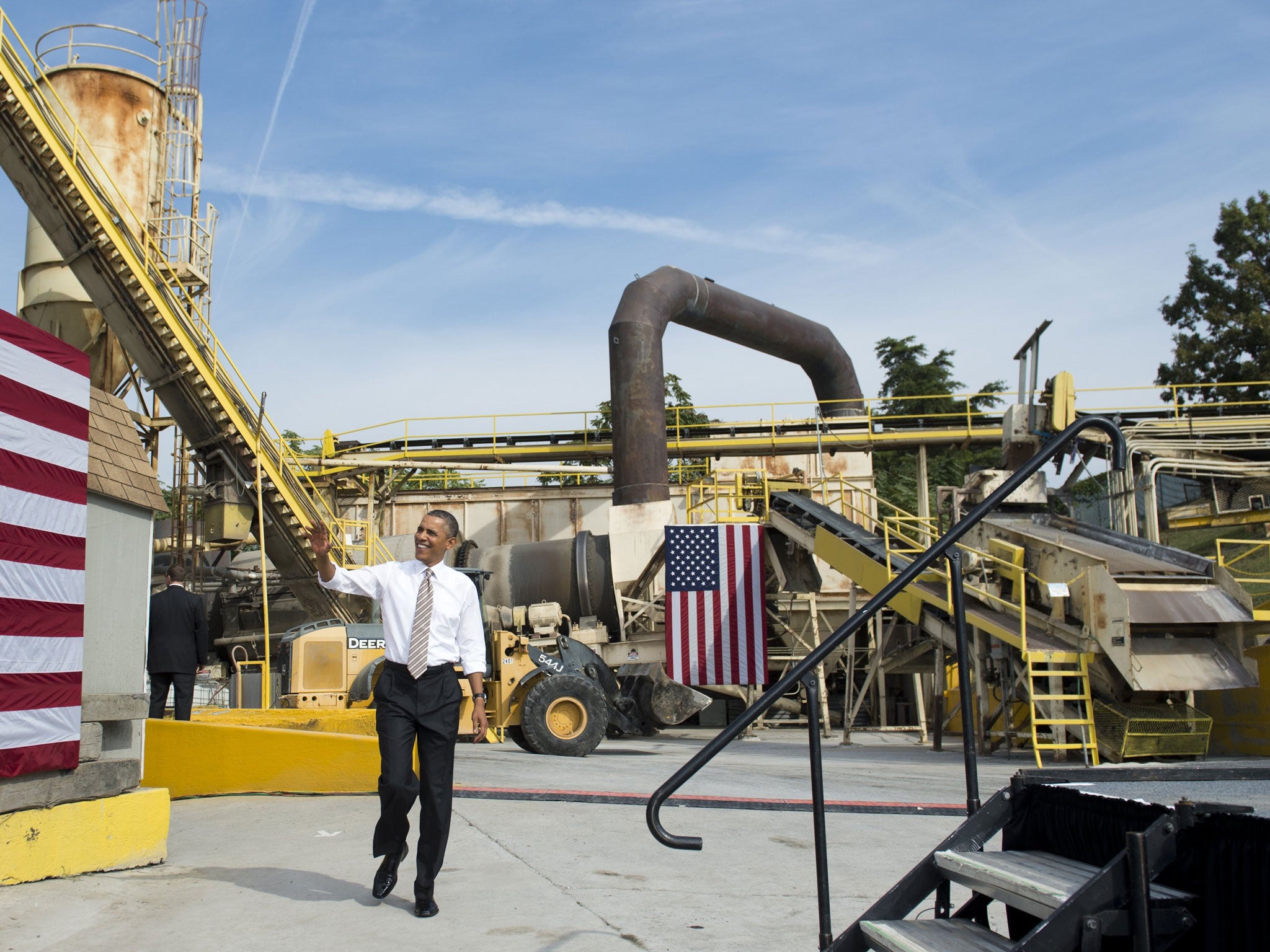US shutdown: Barack Obama cancels Asia tour as political deadlock continues
President refuses to give in to Republican demands over heath-care reform, with decision to skip economic summits an indication that no resolution is likely to come soon

Your support helps us to tell the story
From reproductive rights to climate change to Big Tech, The Independent is on the ground when the story is developing. Whether it's investigating the financials of Elon Musk's pro-Trump PAC or producing our latest documentary, 'The A Word', which shines a light on the American women fighting for reproductive rights, we know how important it is to parse out the facts from the messaging.
At such a critical moment in US history, we need reporters on the ground. Your donation allows us to keep sending journalists to speak to both sides of the story.
The Independent is trusted by Americans across the entire political spectrum. And unlike many other quality news outlets, we choose not to lock Americans out of our reporting and analysis with paywalls. We believe quality journalism should be available to everyone, paid for by those who can afford it.
Your support makes all the difference.With the US facing an ever more perilous showdown and the calamitous threat of government financial default, President Barack Obama has cancelled an important state visit to Asia next week.
In an announcement late last night, the White House issued a statement blaming the Republicans for the fact that the “completely avoidable” government shutdown was now starting to harm efforts to promote trade and US influence in emerging markets.
Mr Obama had been scheduled to appear at economic summits in Indonesia and Brunei next week, and the fact that he has already cancelled the trip is a strong indication that there will be no quick fix to the standoff.
Day three of the shutdown passed yesterday with no hint of movement from either side, after Wednesday night’s White House meeting between President Obama and the top House and Senate leadership failed to break the deadlock.
Both parties stuck to their positions, with Democrats demanding a no-strings resolution to fund the government in its entirety, and Republicans insisting on a delay to the President’s health-care reform as the price of any such deal.
Now worries about the shutdown are starting to be eclipsed by the risk of an unprecedented US default on its debts if Congress fails to approve an increase in the borrowing ceiling of $16.7trn, set to be hit on 17 October. The assumption is growing that the two issues will now be resolved together – and markets are becoming increasingly jittery at the prospect that they may not be.
By mid-morning the Dow had plunged over 1 per cent, after the Treasury issued a warning of the potentially “catastrophic” consequences of default: “Credit markets could freeze, the value of the dollar could plummet, US interest rates could skyrocket, the negative spillovers could reverberate around the world.” The result, it said, might be a financial crisis and recession as bad or worse than 2008.
Yet two men have the power to end the stand-off at a stroke. One, of course, is Mr Obama, if he gives in to his opponents’ demands. The other is John Boehner, the 63-year-old Republican Speaker of the House. Alas, Mr Boehner is a hostage of his own conservative right wing. He could end the crisis – but he’d probably lose his job.
The simple fact is that if the Speaker (who decides what business goes to the House floor) put the no-strings funding resolution to a vote, it would pass comfortably, with several dozen more moderate Republicans joining with the entirety of House Democrats.
Addressing workers at a Maryland construction company that could be hit hard if the crisis drags on, Mr Obama made that very point. “The only thing that’s keeping the government shut down is that the Speaker won’t let the Bill get a yes/no vote, because he doesn’t want to anger the extremists in his own party.”
But the last thing any political leader wants to bring about is a fatal split in his own party, and Mr Boehner is no exception. He told his fellow Republicans that he would not allow the US to default on its debt repayments and continued his tactic of small resolutions that would fund individual and popular parts of government affected by the shutdown: the national park service, benefits for military veterans, and life-saving medical work by the federal government.
That tactic seems to be holding Republicans together, even though many worry they are losing the battle for public opinion (as every poll suggests). But Mr Obama and the Democrats are having none of it. So Mr Boehner is trapped. The supreme irony is that Mr Boehner by instinct is a dealmaker. So one must presume that some 11th-hour compromise will be found, to save everyone’s face, but it won’t be easy.
Join our commenting forum
Join thought-provoking conversations, follow other Independent readers and see their replies
Comments